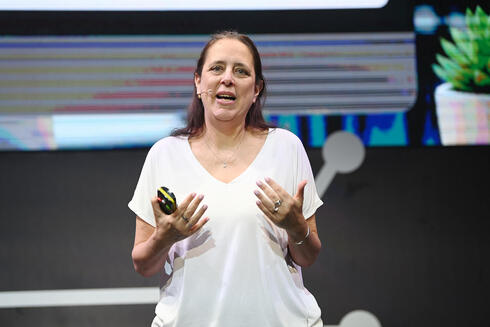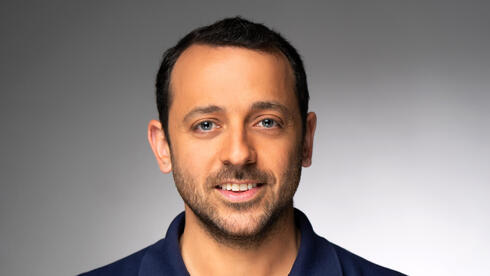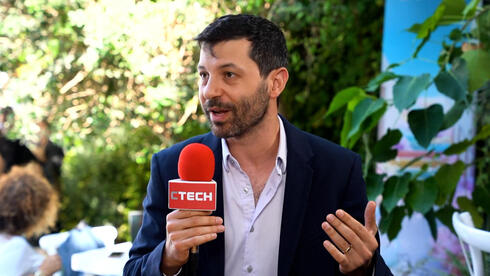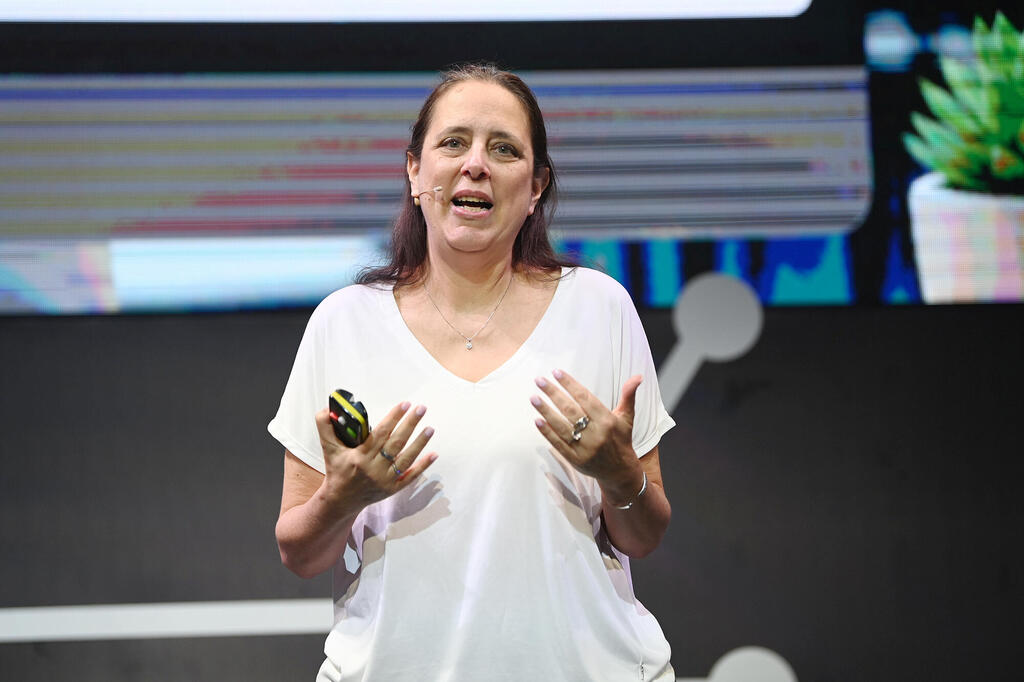
AI Conference
AI cuts study time but weakens critical thinking, research finds
Dr. Meital Amzaleg’s experiment at HIT shows students learn as effectively with AI as with human lecturers, but overreliance may harm performance.
Dr. Meital Amzaleg of the Faculty of Instructional Technologies at the Holon Institute of Technology (HIT) presented her research at the Calcalist AI Conference, held in collaboration with Vultr, on whether artificial intelligence can replace a human lecturer.
“We focused on three main questions,” she explained. “First, if students learn with AI instead of a traditional lecturer, is there any difference in their achievements? Second, how does AI affect the efficiency of the learning process? And third, is there a connection between the frequency of AI use and student performance?”
Her study involved 66 computer science students who were randomly divided into two groups. One group learned with the course’s lecturer, while the other studied the same content using AI tools. “You know that when you study with artificial intelligence, you can wander off in many directions, so we designed a kind of learning map, a starting point, milestones, and a final destination. We gave both groups the same material, allowed the AI group to use any tools they preferred, individually or in pairs, and after two hours we administered the same test to both groups,” Amzaleg said.
The results were striking. “We found no difference in performance. Whether students learned with AI or with a lecturer, their achievements were the same, at least in terms of short-term knowledge,” she noted. “But learning with AI took significantly less time. The knowledge level was equal, but the process was much faster.”
Another finding surprised her: “We found a negative relationship between the frequency of AI use and student performance. In other words, the more students relied on AI, the worse their grades became.”
Amzaleg suggested a reason for this decline: “We all have cognitive muscles, like critical thinking. But when we rely too heavily on AI, those muscles begin to weaken. That’s what happened here.”
Her conclusion: efficiency will remain a key issue, but educators and organizations must also prioritize interpersonal skills. “We need AI platforms for learning, but we cannot abandon critical thinking,” she said. “We need to manage our time, embrace collaborative learning, and strengthen the muscles of empathy and communication. AI is not just for Israel — we must develop as many global projects as possible.”















